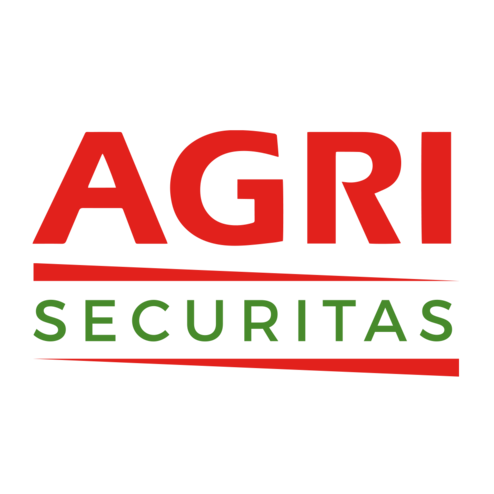ECONOMICS CENTER OF EXCELLENCE | INFO@AGRISA.CO.ZA | 02 SEPTEMBER 2022
INTERNATIONAL DEVELOPMENTS
Oil prices• Brent crude dropped by 3.37% on Tuesday to trade at $101.55 after it had climbed 4.1% on Monday. The oil prices dropped as traders looked forward to approaching rate hikes from central banks. Markets are expecting more aggressive rate hikes from central banks seeing that inflation in the US and Europe remains high. This could lead to a drop in oil prices.
Ukraine exports• Turkey’s Defense Minister has announced that Ukraine has exported more than 1 million tons of food since the grain corridor through the Black Sea has been established. As of last weekend, the amount of grain exported from Ukraine hit 1, 043, 286 tons. This will greatly impact the avoidance of a world food crisis and food security as a whole, seeing that global food shortages will be lessened and prices will be made less volatile.
DOMESTIC HIGHLIGHTS
Load shedding• In a parliamentary briefing, Eskom indicated that it is expecting to implement load shedding this summer, with stage four being the highest expected stage of outage. This will once again remain a challenge especially for farmers who will be well into the planting season, or require electricity to process and store their produce. New generation capacity is planned to be added over the next three years to reduce the risk of load shedding. This will be enabled through Eskom’s land lease agreement with Independent Power Producers, emergency procurement measures and imports from the region to be implemented over the next 12 months as part of energy crisis interventions. However, with a great need in the immediate, an urgent workable solution to secure current capacity is imperative.
Fuel price• Oil prices have tracked lower for most part of the month, which is resulting in an expected drop of R2.28 a litre for 95 unleaded petrol, as opposed to the earlier forecasted R2.60 per litre. The price of 93 petrol could drop by around R2.12 a litre, while diesel could fall by more than a rand per litre. As always, a fuel price decrease is ever welcomed by South Africans, particularly farmers who seek to reduce their input costs. This may have a snowball effect as consumers might see food prices stabilize as many links in the value chain will benefit from a decrease in fuel prices.
Food inflation• According to BFAP, inflation for food and non-alcoholic beverages reached 9.7% in July. The high levels of inflation can be owed to a number of factors in the global commodity and money markets. The Russia-Ukraine war that caused grain and oilseed prices to surge earlier this year is possibly still affecting local bread and cereal prices. Despite the easing of the global prices of grain and oilseed, the weaker exchange rate and high global shipping is most likely what is keeping prices elevated. High grain prices are also affected prices in the livestock industry, as feed is a major cost driver. Load shedding, supply constraints and heatwaves in the Northern Hemisphere, as well as unfavourable weather conditions, are all factors that have also impacted the food inflation.
AGRICULTURAL UPDATES
Foot and mouth disease• According to a media release by the DALRRD, the ban on the movement of cattle will remain in place and the status will be reconsidered at the end of week 2 of the standstill. This is due to the fact that 11 new outbreaks of FMD were confirmed last week and brought the total number of infected properties to 127. However, the Minister of Agriculture has also mentioned that uplifting the ban on the provinces that have no cases of FMD is being considered.
• Due to the ban on transport, weaner prices have stayed on a similar level. Prices may trend sideways during the next month, as mentioned by the AMT. Higher demand and volumes cancelling out and resulting in slightly higher prices after the ban is lifted is quite likely.
Vegetable ban• The country will not experience a surplus of vegetables due to the ban restricting the exports of certain fresh produce into Botswana and Namibia, as one would anticipate, according to Agri SA’s Executive Director. Instead, the ban will force farmers to produce less which may then decrease their export revenue, and this may have a ripple effect of job losses.
In-transit cold treatment• India has recently approved of an in-transit cold treatment of fruit arriving from South Africa. This means that apple and pear exporters have the opportunity of expanding their export volumes as the treatment procedure will reduce the overall transit time. According to Hortgro, this will result in shippers being able to lengthen the season in which consumers can get fresher fruit as the cold treatment will result in higher quality, fresher fruit arriving in India.











